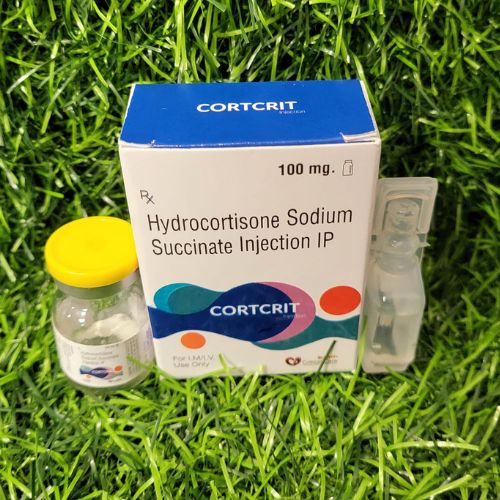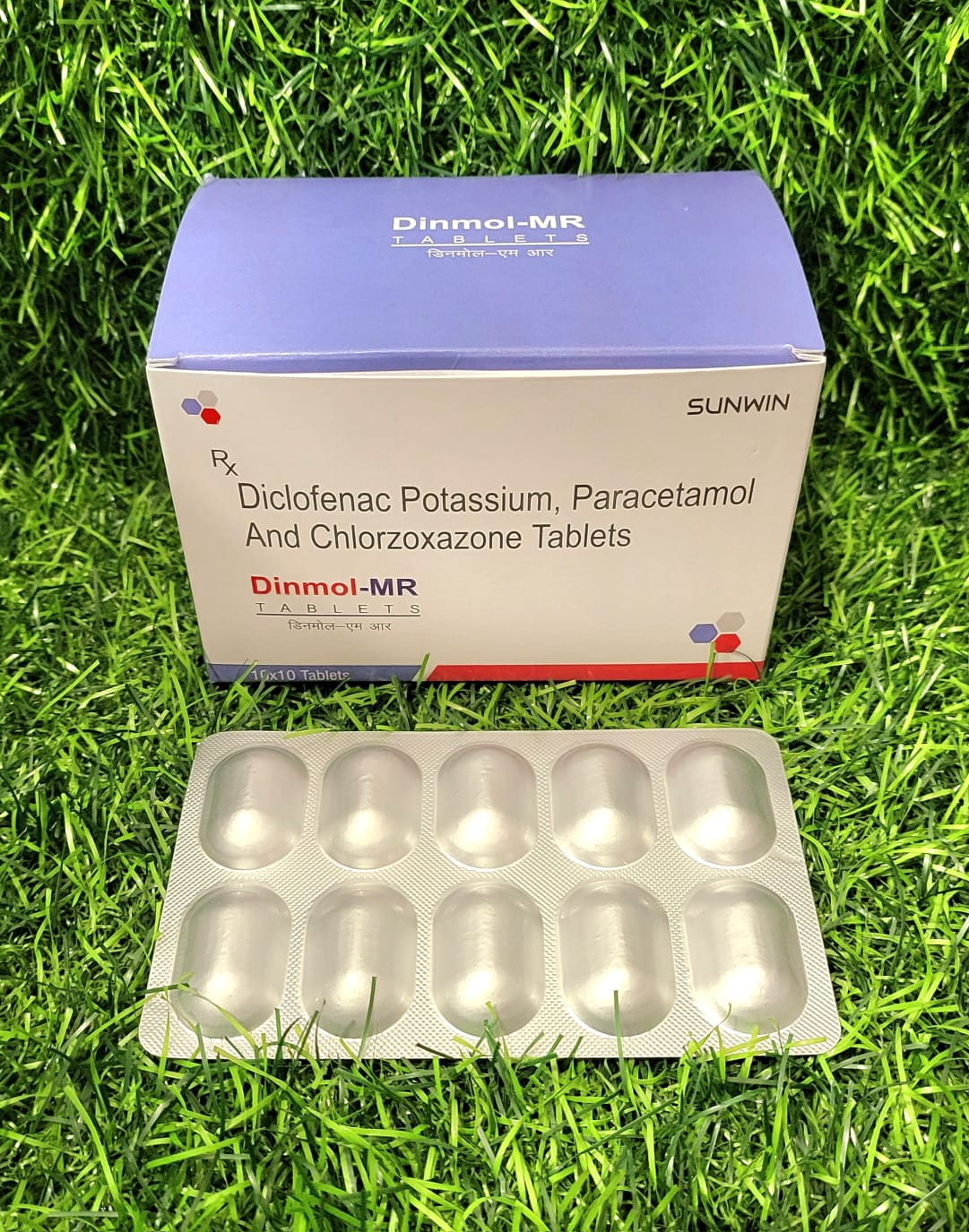Composition:-
Hydrocortisone Sodium Succinate 100 mg Injection
Uses:-
Hydrocortisone sodium succinate is a medication administered by injection that belongs to a class of drugs known as corticosteroids. It is used to treat a variety of conditions where inflammation is present, such as allergic reactions, arthritis, asthma, skin disorders, and certain autoimmune diseases. Hydrocortisone works by reducing inflammation and suppressing the immune system’s response, thereby alleviating symptoms associated with inflammation, including pain, swelling, and redness. It is commonly used in emergency situations, such as severe allergic reactions or acute asthma attacks, where rapid relief is needed.
Side Effects:-
While hydrocortisone sodium succinate can be effective in treating inflammation, it may also cause side effects in some individuals. Common side effects include nausea, vomiting, headache, dizziness, and changes in appetite. Long-term use or high doses of hydrocortisone may lead to more serious side effects, including increased risk of infections, thinning of the skin, easy bruising, slow wound healing, and changes in mood or behavior. Additionally, corticosteroids like hydrocortisone can affect blood sugar levels and may worsen conditions such as diabetes. It is essential to monitor for any signs of adverse reactions and consult a healthcare professional if side effects occur.
Indication:-
Hydrocortisone sodium succinate injection is indicated for the treatment of various inflammatory conditions where rapid relief is needed. It is commonly used in emergency situations, such as severe allergic reactions, anaphylaxis, or acute asthma exacerbations, to quickly reduce inflammation and alleviate symptoms. Additionally, hydrocortisone injection may be prescribed for patients with inflammatory conditions such as rheumatoid arthritis, dermatitis, or inflammatory bowel disease, where oral or topical treatments are not feasible or effective. The dosage and administration of hydrocortisone sodium succinate injection may vary depending on the severity of the condition and the individual patient’s response, and it is typically administered under the supervision of healthcare professionals in a hospital or clinical setting.


